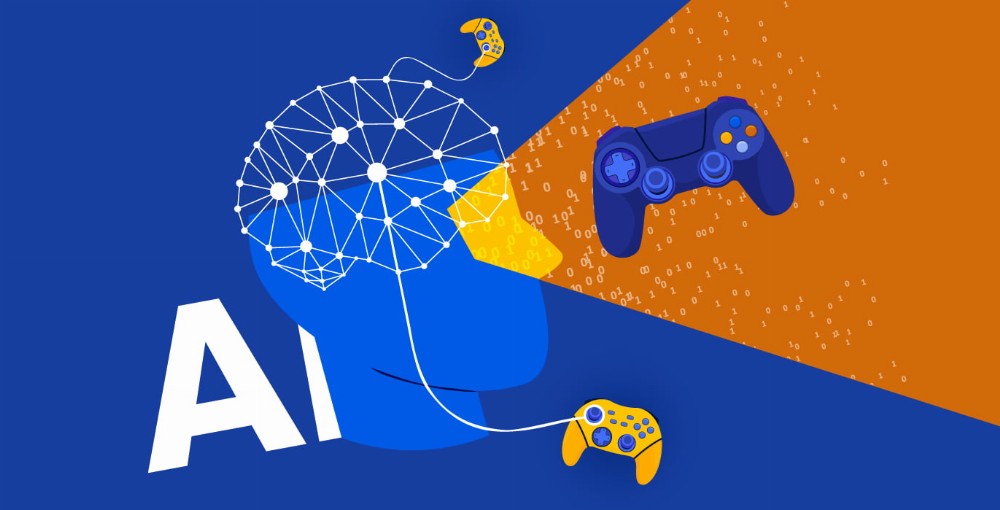
The rapid advancement of artificial intelligence (AI) has led to significant breakthroughs in various fields, and one of the areas where AI has made substantial strides is in the realm of video games. The question of whether AI can beat a human player in a video game is not just a matter of curiosity; it reflects the evolving capabilities of machine learning algorithms and their impact on our understanding of intelligence. In this article, we will explore the current state of AI in gaming, the challenges it faces, and the potential implications for the future.
The Rise of AI in Video Games
AI has come a long way since the early days of simple rule-based opponents in video games. Today, sophisticated AI algorithms, powered by machine learning techniques, can learn and adapt to various gaming scenarios. Games like chess and Go have seen AI triumph over human champions, demonstrating the capacity of machines to master complex strategic thinking. However, video games present a unique set of challenges due to their dynamic and unpredictable nature.
Challenges Faced by AI in Video Games
One of the primary challenges AI faces in video games is the vast and unpredictable nature of the gaming environment, according to ExpressVPN. Unlike traditional board games, video games often involve real-time decision-making, requiring AI to process large amounts of data and respond quickly. Additionally, video games can have open-world settings, where the AI must navigate and make decisions in a non-linear fashion, adding another layer of complexity.
Furthermore, video games often require a combination of cognitive skills such as perception, reasoning, and decision-making, making it challenging to design AI that can match the diverse skill set of a human player. Human players can adapt to unexpected situations, learn from experience, and employ creative strategies, aspects that are difficult to replicate in a machine.
Current Achievements
Despite these challenges, AI has made remarkable progress in certain video games. In 2015, OpenAI’s AI system defeated a professional human player in the complex online strategy game Dota 2. The success of AI in Dota 2 showcased its ability to handle the intricate decision-making and teamwork required in multiplayer games.
Similarly, AI has excelled in games like StarCraft II, a real-time strategy game known for its complexity. DeepMind’s AI, AlphaStar, achieved Grandmaster level in the game, surpassing 99.8% of human players. These achievements highlight the potential of AI to not only compete with humans but to outperform them in specific gaming domains.
Implications and Future Prospects
The advancements in AI gaming have broader implications beyond the realm of entertainment. The techniques developed for gaming AI could be applied to real-world scenarios, such as autonomous vehicles, robotics, and decision-making in complex environments. The ability of AI to adapt and learn in dynamic situations has practical applications that extend far beyond the gaming industry.
Looking ahead, the integration of AI in video games is likely to continue, with developers seeking to create more immersive and challenging gaming experiences (see why here). As AI algorithms become more sophisticated, there is a possibility that they will eventually surpass human players across a broader range of games, raising questions about the role of humans in gaming and the ethical considerations associated with AI dominance.
Conclusion
In conclusion, the question of whether AI can beat a human in a video game is not a simple binary answer, says Harvard. While AI has demonstrated impressive achievements in specific gaming scenarios, there are still challenges to overcome, especially in the face of the ever-evolving and unpredictable nature of video games. The intersection of AI and gaming opens up exciting possibilities, not only for the entertainment industry but also for the development of intelligent systems that can navigate and excel in complex, real-world environments. As technology continues to progress, the relationship between AI and human players in the gaming arena will undoubtedly evolve, shaping the future landscape of both artificial intelligence and video games.
Last Updated: November 16, 2023





















